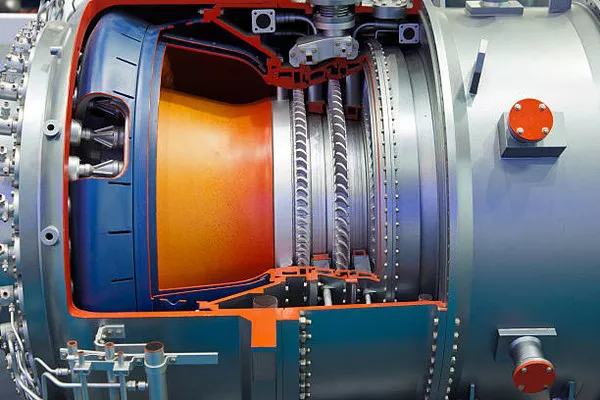Central air conditioning systems play a pivotal role in maintaining comfortable indoor temperatures, especially during scorching summers. The compressor, a critical component of these systems, is responsible for pressurizing and circulating refrigerant to facilitate the cooling process. As homeowners consider upgrading or replacing their central air units, understanding the costs associated with compressors becomes crucial. In this article, we delve into the factors influencing compressor prices, the types available, and how consumers can make informed decisions regarding this essential component.
Factors Influencing Compressor Costs:
1. Compressor Type:
Compressors for central air units come in two main types: single-stage and two-stage compressors. Single-stage compressors are the more affordable option, but they operate at a constant speed, leading to higher energy consumption. On the other hand, two-stage compressors are more energy-efficient as they can adjust their speed based on the cooling needs, contributing to lower utility bills. The initial cost of a two-stage compressor is higher, but the long-term savings on energy expenses often offset this.
2. Brand Reputation:
The brand of the compressor plays a significant role in determining its cost. Established and reputable brands often invest in research and development, producing high-quality, durable compressors that come with extended warranties. While these compressors may have a higher upfront cost, homeowners can benefit from reliability and longevity, reducing the likelihood of premature failures.
3. Compressor Size:
The size of the compressor is directly linked to the cooling capacity of the central air unit. A larger home or space will require a more powerful compressor to efficiently cool the area. Consequently, larger compressors generally come with a higher price tag. It is crucial for homeowners to consult with HVAC professionals to determine the appropriate compressor size based on their specific cooling needs.
4. Energy Efficiency Ratings:
Energy efficiency is a key consideration for modern homeowners concerned about environmental impact and energy costs. Compressors with higher SEER (Seasonal Energy Efficiency Ratio) ratings are more energy-efficient but may be accompanied by a higher initial cost. However, the long-term savings on energy bills can outweigh the upfront investment.
5. Installation Complexity:
The complexity of installing the compressor can impact the overall cost. If the replacement involves significant modifications to the existing system or additional components, the installation costs may rise. Homeowners should obtain detailed quotes from HVAC professionals that include both the cost of the compressor and the installation expenses.
Types of Compressors:
Reciprocating Compressors: These compressors use a piston-driven mechanism to compress the refrigerant. They are cost-effective but can be noisier and less energy-efficient compared to other types.
Scroll Compressors: Scroll compressors operate with a spiral motion, resulting in quieter and more energy-efficient performance. While they tend to have a higher initial cost, their benefits often justify the investment.
Rotary Compressors: Utilizing a rotating motion, rotary compressors are compact and known for their quiet operation. They are commonly found in smaller central air units and may offer a balance between cost and efficiency.
Making Informed Decisions:
1. Consultation with HVAC Professionals:
Homeowners should seek guidance from qualified HVAC professionals when considering compressor replacement. These professionals can assess the specific requirements of the home, recommend suitable compressor types, and provide accurate cost estimates.
2. Consider Lifecycle Costs:
While the upfront cost of a compressor is a significant factor, homeowners should also evaluate the long-term savings associated with energy-efficient models. Calculating the lifecycle costs, including energy expenses and potential repairs, can provide a more comprehensive view of the investment.
3. Explore Financing Options:
Recognizing that the cost of a compressor can be a substantial upfront expense, homeowners should explore financing options. Some HVAC companies offer financing plans that allow for the distribution of costs over a period, making the investment more manageable.
SEE ALSO How to Efficiently Work with AC Compressors? A Comprehensive Guide
Conclusion:
Investing in a central air unit compressor is a decision that requires careful consideration of various factors. By understanding the factors influencing compressor costs, exploring different types available, and seeking professional guidance, homeowners can make informed choices that align with their budget and long-term comfort goals. While the initial expense may seem daunting, the benefits of a reliable, energy-efficient compressor extend far beyond immediate financial considerations, contributing to a comfortable and sustainable home environment.

